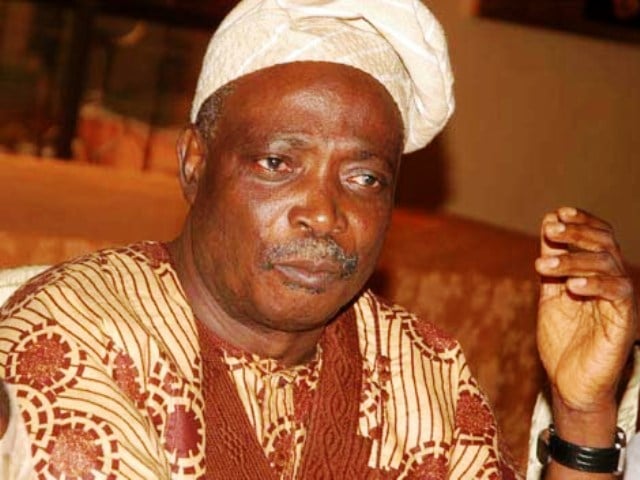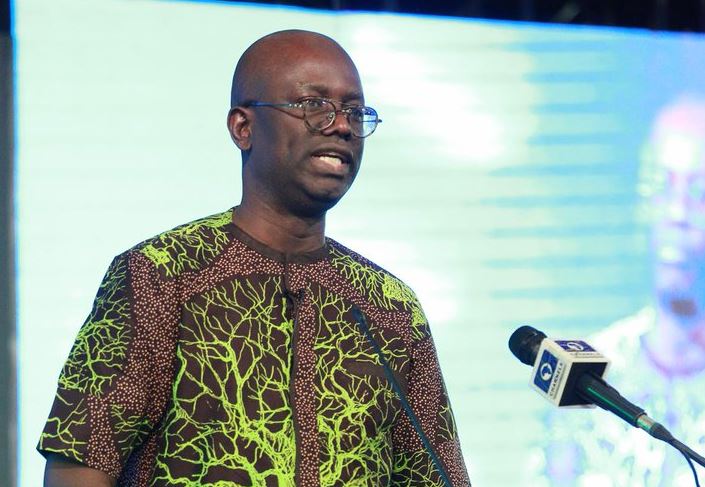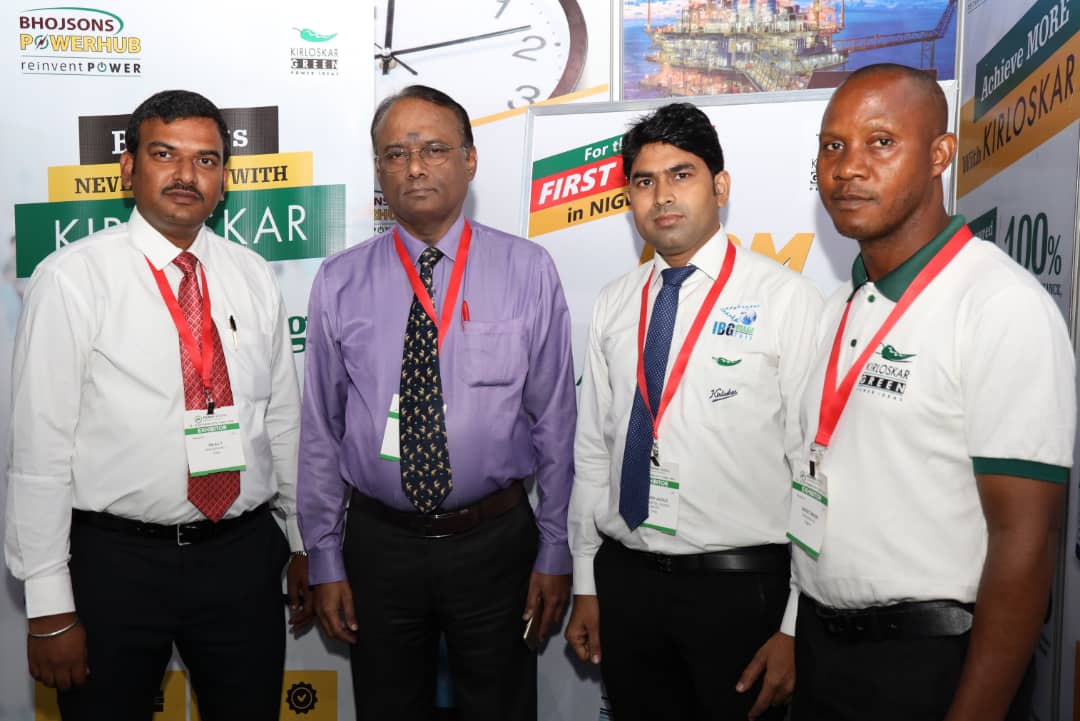Pic .15. INEC Chairman, Prof. Mahmood Yakubu briefing on 2019 rescheduled 2019 General Elections at the International Conference Centre in Abuja on Friday (22/02/19).
01609/22/2/2019/Sumaila Ibrahim/NAN
The Independent National Electoral Commission (INEC) says its efforts at ensuring more women participated in the 2019 electoral process did not yield the desired results.
Mahmud Yakubu, INEC chairman, made this known at a review meeting of the general election from a gender perspective that held in Abuja on Friday.
Represented by Adekunle Ogunmola, INEC’s national commissioner, Yakubu said it is appalling that “in spite of a general commitment to the principle of non-discrimination, Nigeria fell short of the deserved result of giving males and females equal opportunities”.
Yakubu said there is evidence of how several negative aspects of gender relations, such as disparities and access to resources, played out in the 2019 elections.
Advertisement
He said the electoral activities and engagements showed high-level participation of women in the electoral process as aspirants, “but due to barriers, they regressed in the number that won elections” .
Yakubu added that party primaries also fell short of expectations as many women could not secure tickets to represent their parties.
“During the elections, only five out of the 73 candidates who ran for the position of the president were women, ” he said.
Advertisement
“Also, 1,668 men and 232 women contested for the 109 senatorial seats while 4,139 men and 533 women contended for 360 seats in the house of representatives.
“At the end of the election, only seven women won senatorial seats and 11 were elected into the house of representatives, while four were elected as deputy governors.
“However, other countries in Sub-Saharan Africa have laid examples to follow.
“For instance, 12 Sub-Saharan countries elected more than 30% women to legislative positions, while Rwanda reportedly has so many success stories and advancement in electing women to more than 60% of its legislative positions.
Advertisement
“The huge efforts made by the commission to support the participation of women in the electoral process did not succeed in addressing the decline of women’s representation in politics.
“This is worrisome as women’s participation in governance and leadership is not only an essential prerequisite for removing gender inequality but also the attainment of basic human rights. ”
The chairman mentioned the need to start thinking of how things could be done differently for more impact.
“Such exercise will assist INEC to learn vital lessons that could enable the commission to review its policies and programmes and serve as a roadmap in planning for future elections, “he said.
Advertisement
“There is also a need to review the operational framework put in place by the commission, identify success factors with a view to consolidating and sustaining them.”
Yakubu added that the reviews were not about the commission alone, but about mutual credibility for a successful electoral process and outcome in the future elections.
Advertisement
Add a comment






